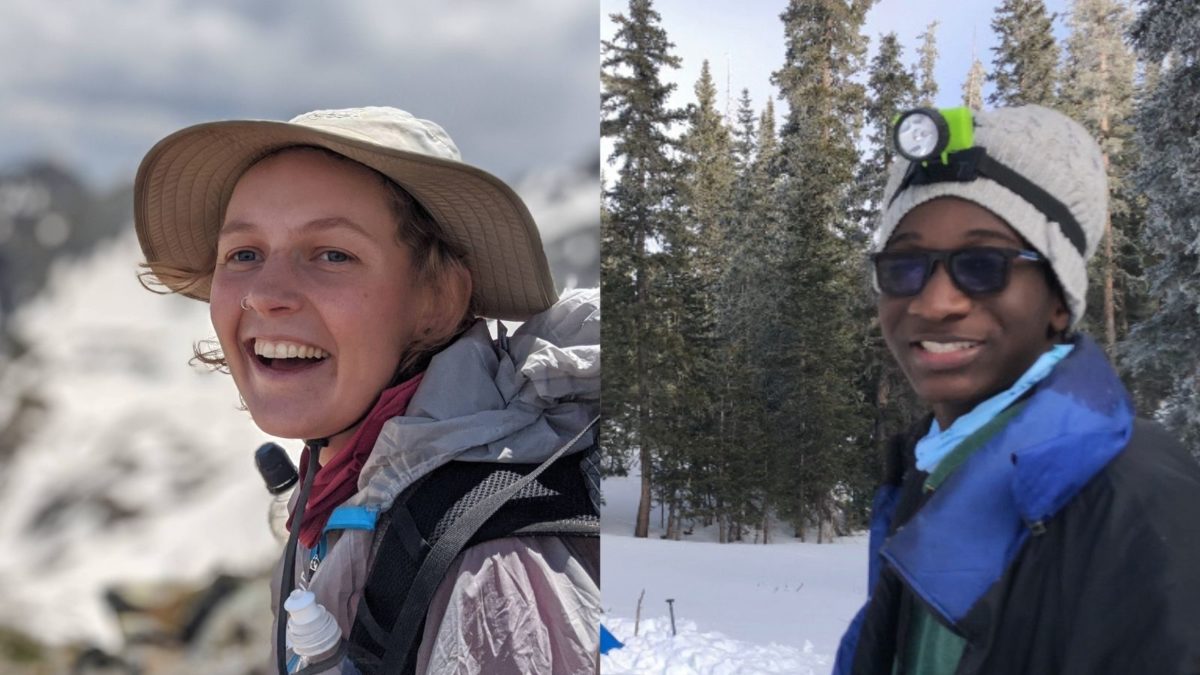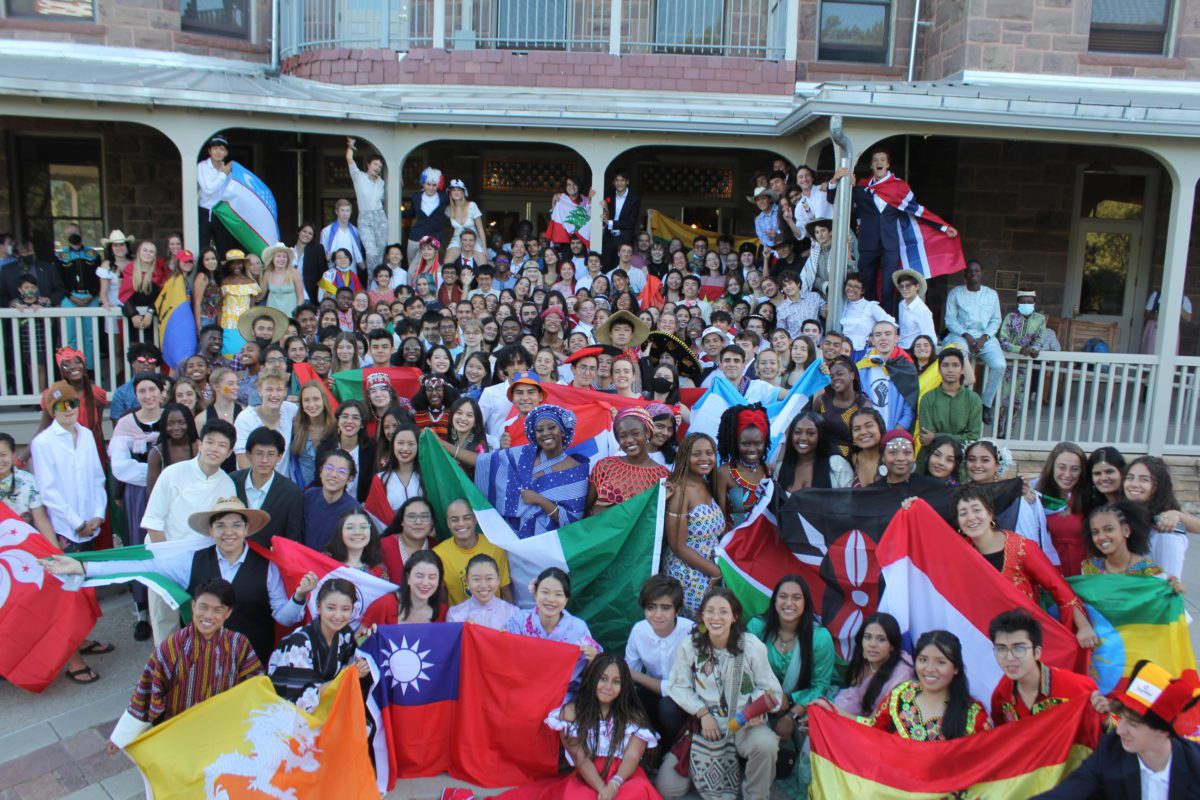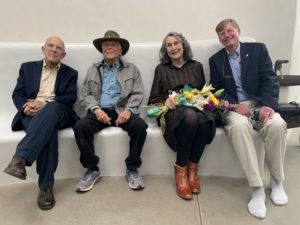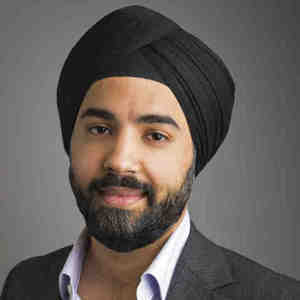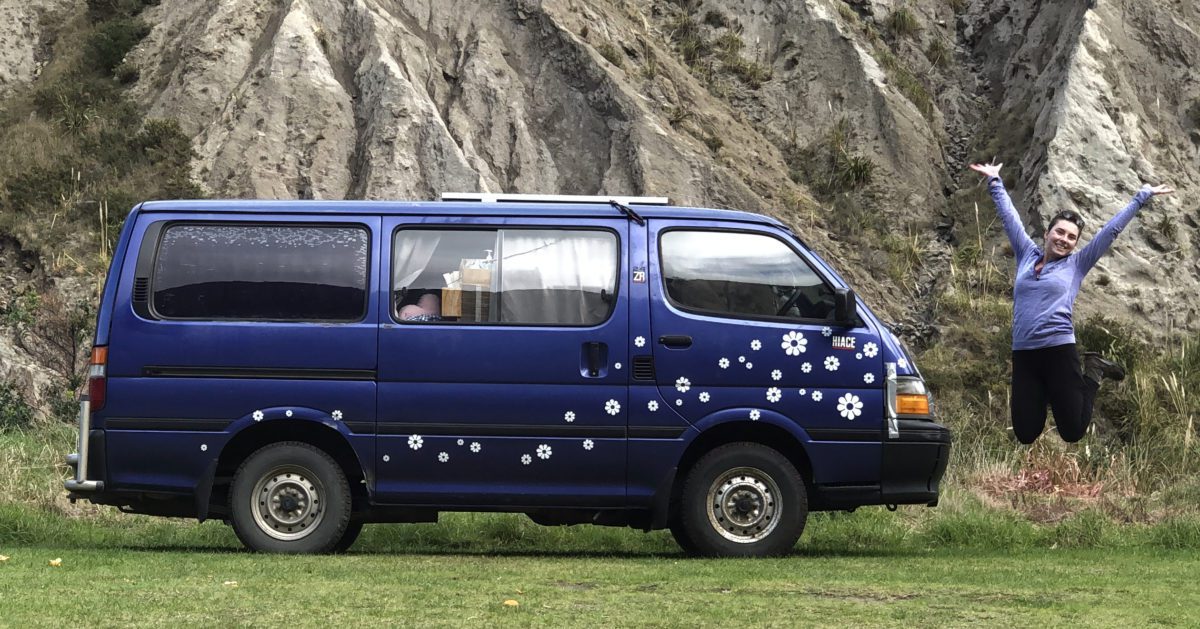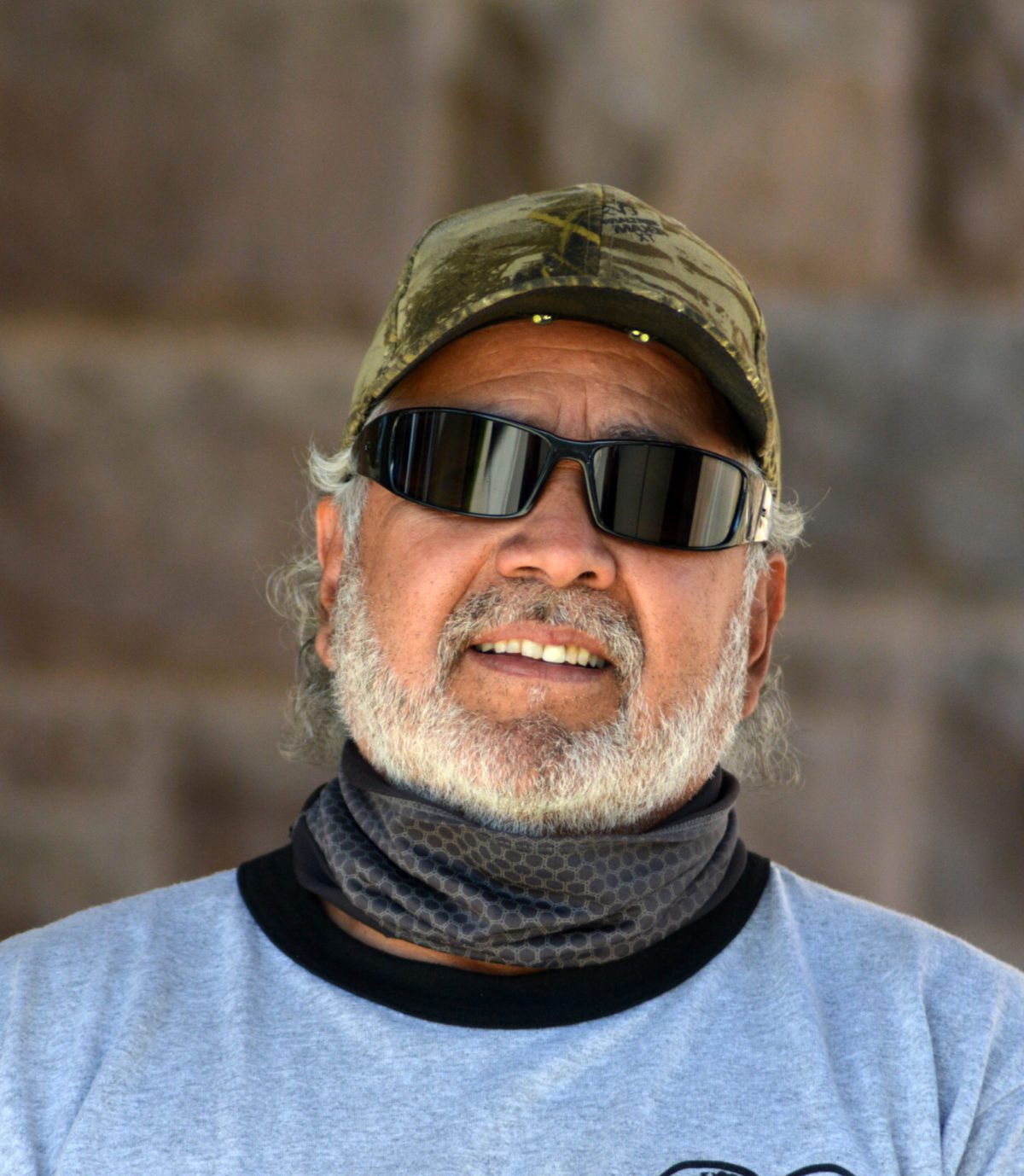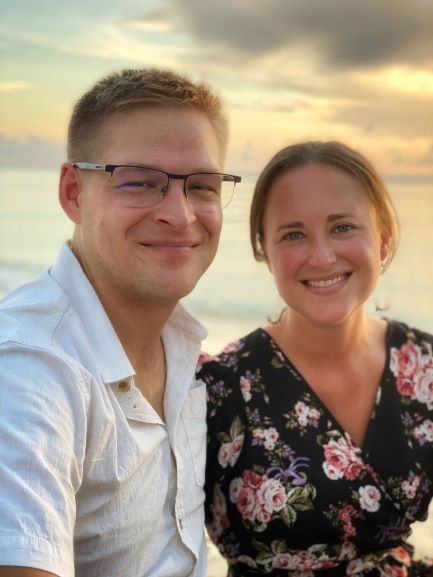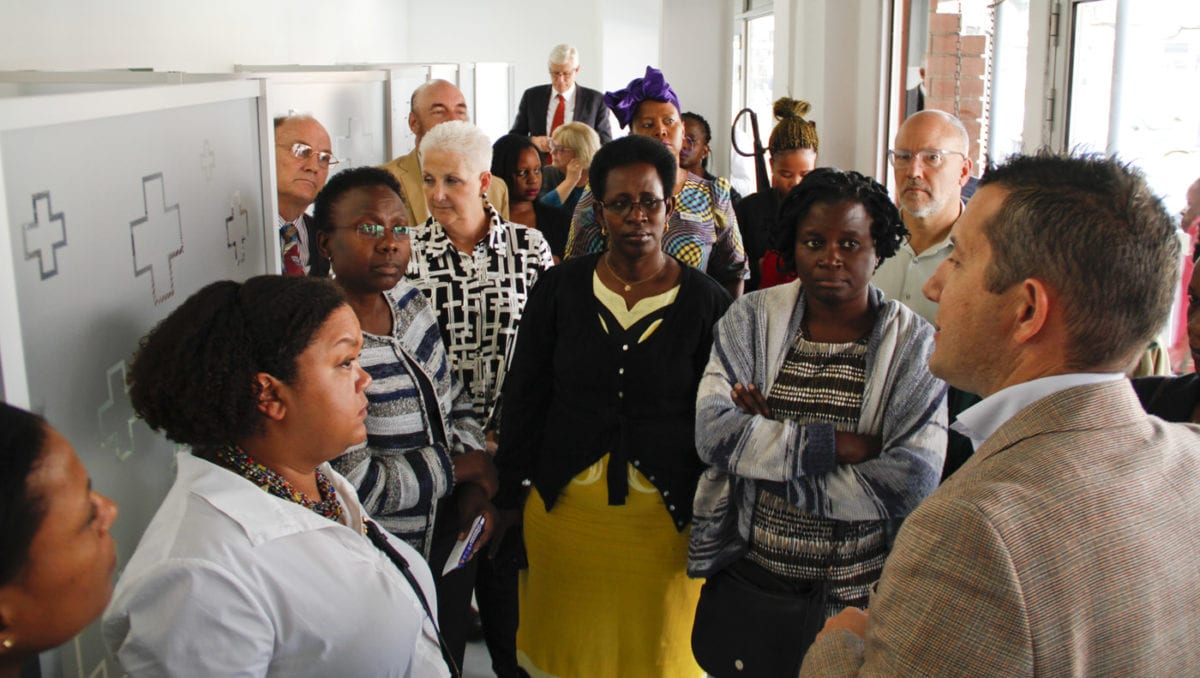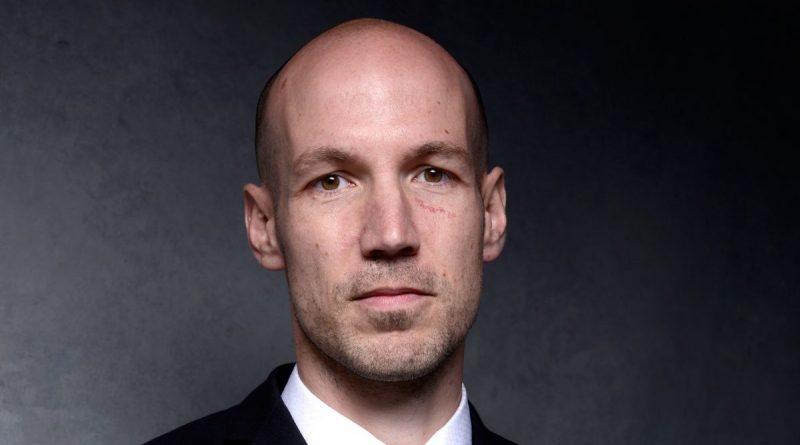Aubrey Bodden ‘04 and her husband, Dan Stuber ‘05, spurred on a friendly competition between their classes to help UWC-USA raise more than $2 million for this year’s annual fund. In turn, the family of Shelby Davis contributed a $2 million match.
In the end, the two classes raised a total of $43,000 for this year’s drive, more than doubling the $20,000 they combined for in 2020. The class of 2005 edged out its second-years for the specific challenge period, though the class of 2004 had higher annual fundraising overall by $536, raising $21,735, up from $14,725 a year earlier. The class of 2005 raised $21,200, up from $5,212 in 2020.
“The challenge and interactions amongst classmates sparked a lot of good conversations, reminiscing, and the sharing of a treasure trove of family photos in addition to the positive donation results,” said Stuber. “I think the continued demonstration of commitment to the UWC movement and the relationships we built during our time as students is a great part of this story”
“Justin Karfo ’05 and Sergey Grechukhin ’04 were probably the biggest hype people from the class fundraising teams, but everyone from the class fundraising groups was also involved in implementing the challenge,” Bodden said.
Good friends while in Montezuma and during college, Stuber, 34, and Bodden, 35, began dating after she graduated from Cornell University and he was a senior at Earlham College. After college, Stuber, who is from Michigan, moved to Bodden’s home country — the Cayman Islands. They married in May 2012 and remain in the Cayman Islands.
The couple had been considering increasing their giving to UWC-USA, particularly with the challenges created by the COVID pandemic.
“Suffice to say, we thought that the good relationship between our classes would spur on some friendly rivalry that could drive giving and create a fun cause for first-time or increased donors,” said Stuber, a senior supervisor in the customer service department for an electric company.
“While it was fun to couch the challenge from one perspective as a marital battle, to be frank, Aubrey and I didn’t want to make this about us beyond that bit of amusement, so we took a backseat and got to enjoy how this grew organically well beyond our original expectations and goals,” he added.
Both have been involved with UWC national committee work over the years. Bodden recently stepped down as chairperson of UWC Cayman Islands after 10 years of service. Bodden, who works in the Cabinet Office as information rights coordinator for the Cayman Islands Government, remains as an advisor to the same board.
“This gives us a more direct and regular view into the incredible efforts of everyone across the movement as well as the importance of every donor and every dollar,” she said.
During the COVID pandemic, the couple saw the colleges and national committees really step up and prioritize student health and safety. They also quickly realized how this could substantially increase costs for the colleges.
“As we were reassured by the COVID safety measures and then worked to get our Caymanian students home from Italy, Hong Kong, Thailand, Japan and the USA as each college closed, Dan and I committed to increasing our giving this year and seeing if we could encourage some of our co-years who also had their jobs and incomes protected during the pandemic to do the same,” Bodden said.
“In essence, we challenged our classes to, in the final month of the Annual Fund drive, seek to outraise the other class and hopefully raise a matching amount to our initial donations,” Stuber said. “We had two metrics for the challenge month — who raised more and total participation levels. The ‘winner’ of each part of the challenge would receive in honor of their class an additional donation from the ‘losing’ partner as a concession to their accomplishment.”
Throughout the challenge month, in conjunction with the fundraising committee members, the couple provided periodic updates on fundraising progress to their respective classes.
“Largely this consisted of cheering on new and recent donors as they happened, and driving the continuation of our good-natured class rivalry,” Stuber said. “At the end of the day, we knew the actual winner of the challenge would be UWC-USA and the students.”
Bodden noted that the couple is committed to being each other’s biggest fans and that they always encourage each other, modeling the challenge to be built upon the same foundation as their partnership in life.
“However, in announcing the ‘battle,’ one of my co-years emailed our class with the subject line ‘First-Year Dan Must Be Defeated!” she said. “I laughed so hard when I saw it that I had to send Dan a screenshot.”

